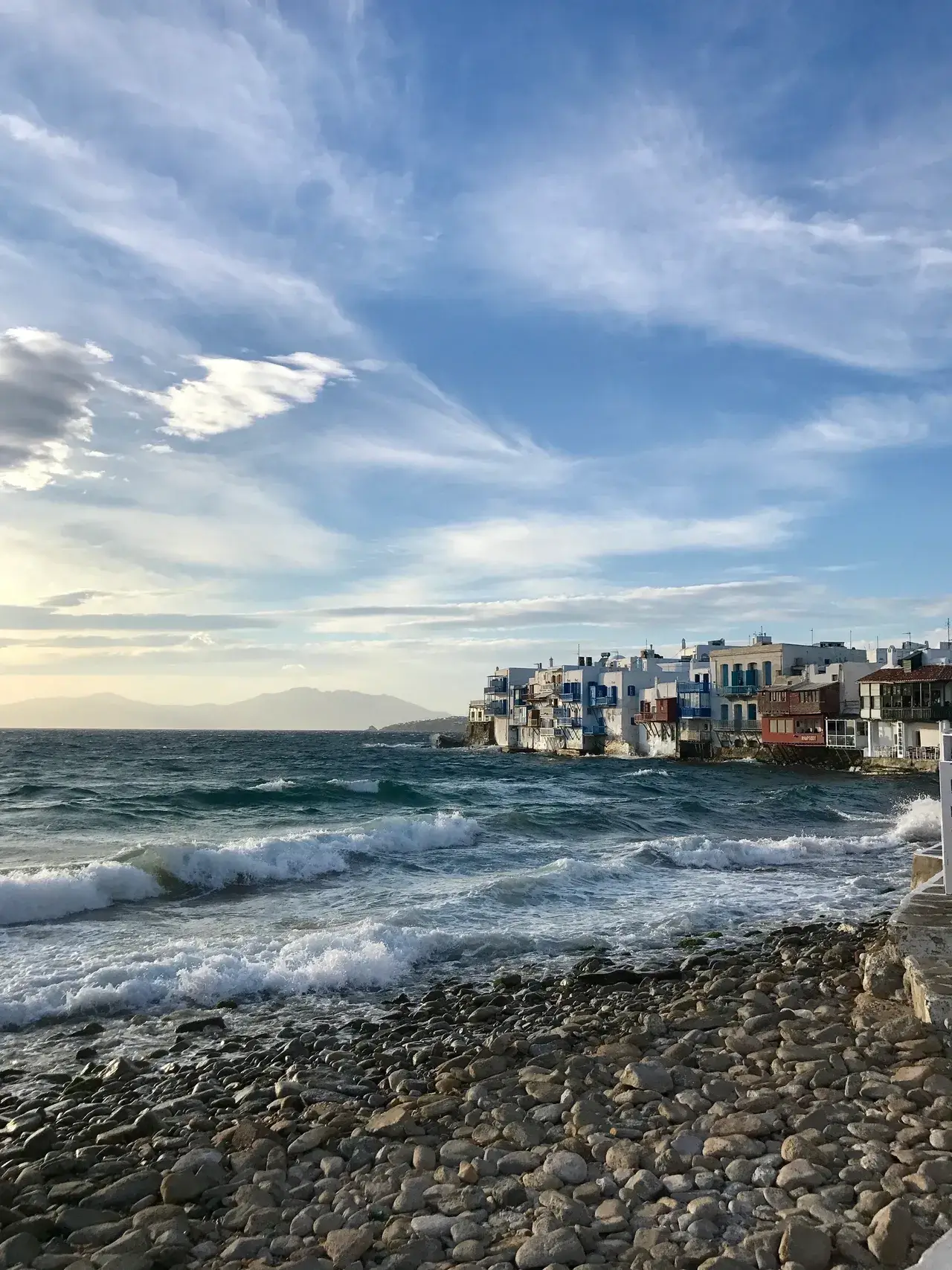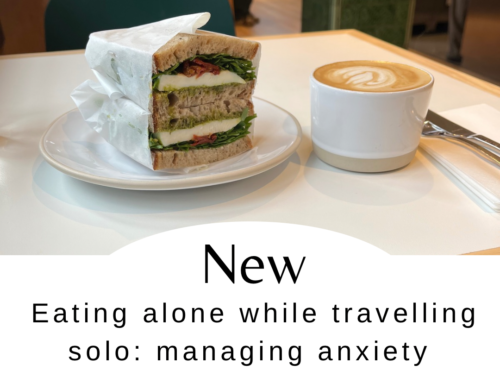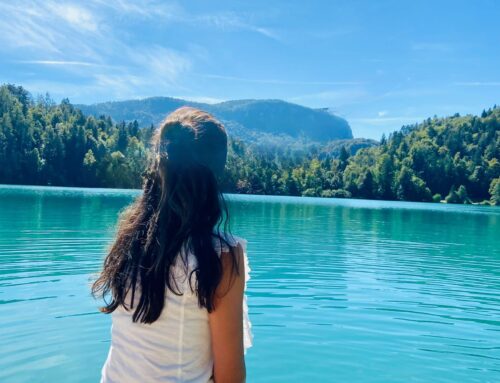Dr Charlotte Russell, Clinical Psychologist & Founder
Solo female travel is undoubtably on the rise . Women are increasingly heading out to explore the world and what is has to offer. In this article I’m going to explore this growing trend and the reasons behind it.
Changes in gender roles
Historically the role of women was seen as being in the home; to be a wife and to look after the home and raise children. Whilst many of us see these gender norms as out of date, they are still the norm in many cultures. Sadly, even in liberal countries like the UK, women still face inequalities and often multiple forms of discrimination.
Whilst there is still a long way to go, women are becoming more educated and financially independent than ever before which allows each of us to choose the path that is right for us. This includes all manner of choices such as staying single, choosing to be childfree and choosing to travel solo.
The #Metoo movement in 2017 may also have had an impact. Whilst you may imagine that raising awareness of sexual harassment and abuse may have made women more fearful, I think it may have had the opposite effect. Raising awareness of men’s inappropriate behaviour situated the problem in men; sexual harassment and violence impacts women but it is a male problem. And following on from this, women should be able to live their lives without being subjected to it. When we all understand this, it empowers us.
Reasons for travelling alone as a woman
Taking a solo trip as a woman can be an empowering experience in so many ways. It can be an adventure, an opportunity to challenge ourselves, to get to know ourselves, to build confidence and belief in our own coping abilities. Read more about this in Dr Jenna’s recent article What are the psychological benefits of travelling alone?
As women we are often taught to put others’ needs first, both subtly and not so subtly. Solo travel can help us to become more in tune with our own preferences and needs, and give us the opportunity to begin to meet these ourselves.
Often solo female travel is about exercising the freedom that generations of women have fought so hard to gain. There is something quite powerful about being able to travel in a way that the generations before us didn’t have the opportunity to.
The role of online communities
Having support from other likeminded females has been hugely helpful in helping women to take the leap into solo travel. These communities fulfil a number of functions; normalising women travelling solo, providing practical advice, encouragement, and motivation.
Karagoz et al (2021) highlighted that women travelling alone are exposed to potential risk including violence, sexual violence, harassment and social disapproval. It has been found that for solo female travellers aged 26 to 48, online communities can help to reduce the anxiety around travelling solo (Karagoz et al., 2021). The results suggest that these communities are helpful in allowing women to feel supported to travel solo.
I spent some time observing and taking part in solo female travel communities. What really struck me was that these communities are fiercely protected and moderated, and rightly so. No advertising, spamming, surveys or group travel permitted; they are a space for solo female travellers to advise others in the same situation on how best, and safest to travel.
In order to understand this as a social phenomenon, I spoke to Dr Andrew Stevenson, a Social Psychologist and author of The Psychology of Travel, Dr Andrew explained that the concept of ‘conservative travel bubbles’ is relevant here. These are strategies that “allow us to experience new places and cultures without fully immersing ourselves in unfamiliar places”. They are ways to experience new places in a ‘safe’ way. Over the years these have included organised tours, package holidays and hiring a guide. Nowadays women can travel safely by accessing information provided by other women who have been there and done it. This advice by experience is an effective way for women to keep themselves safe and to feel safer. Of course women have to feel that the information they receive is trustworthy, hence the fierce protection of online communities.
Female Group Tours
For those who don’t want to go it fully alone, female only group tours provide an alternative way to experience destinations and local culture in a way that is safer and less overwhelming. This is another version of a ‘travel bubble’. These provide another option and also normalise and encourage women to travel solo in the way that is right for them. They are also a way to experience cultures and countries which may be less safe and welcoming for women travelling alone.
Conclusions
There are several reasons why solo female travel is on the rise. Societal expectations for women are changing and women have more freedom to travel. There are numerous benefits to travelling solo which make the prospect seem important and meaningful to many women. Lastly, the role of online communities is arming solo female travellers with the information and support they need to travel safely and successfully. That means there is no better time to take the leap and go it alone!
References
Stevenson, A. (2023). The Psychology of Travel. Taylor & Francis.
Karagöz, D., Işık, C., Dogru, T., & Zhang, L. (2021). Solo female travel risks, anxiety and travel intentions: Examining the moderating role of online psychological-social support. Current Issues in Tourism, 24(11), 1595-1612.





